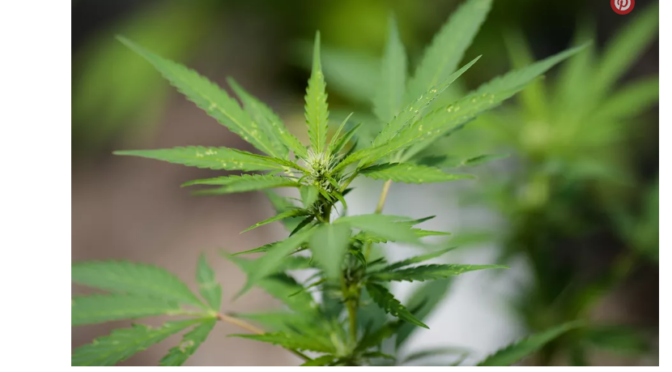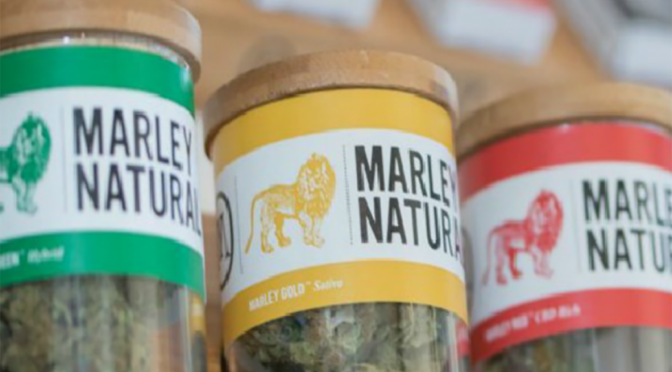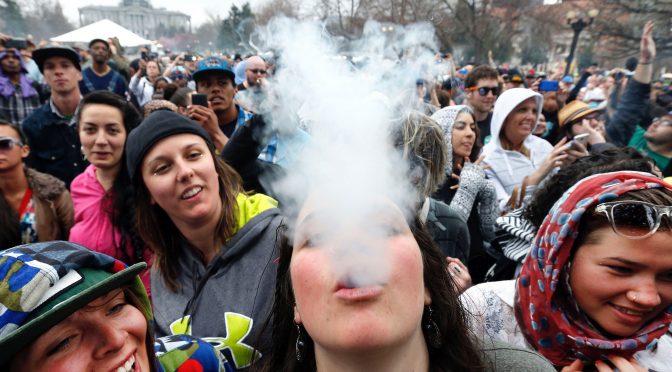It would appear that citizens of states with legal marijuana are switching out their beers for joints: A study from research firm Cowen & Company into the beer industries of Washington, Oregon, and Colorado asserts that those states’ beer industries are “underperforming.”
Craft beer industry news site BrewBound has some of the report’s details. “Domestic brewers” (that is, Big Beer) have seen the largest drops, with so-called premium brews (Coors Light, Bud Light) going down 4.4 percent in terms of the volume being sold. Economy brews (the regular, “non-fancy” forms of mainstream beers such as Budweiser or Coors) fell 2.4 percent.
Craft beer isn’t totally immune. The report suggests craft beer continues to grow in these three states (all of which are known for their robust microbrewing scenes), but those smaller breweries aren’t doing as well as their peers in other parts of the nation. However, the U.S. craft brewing scene was already slowing down, so that’s not entirely the fault of cannabis.
The epicenter of this trading-beer-for-weed phenomenon has been Denver, where beer volumes dropped by 6.4 percent Strangely, the report notes that import beers are relatively unaffected, indicating that lighting up a joint and drinking a Corona may be a more popular pastime.
Since only three states were studied this perhaps isn’t the most definitive look into the trend — but as marijuana goes on sale in several more states in the near future, there will be plenty of opportunities to see what legal weed might do to the beer industry.
sourced from – http://www.eater.com/2016/12/5/13847656/legal-pot-beer-sales-down





